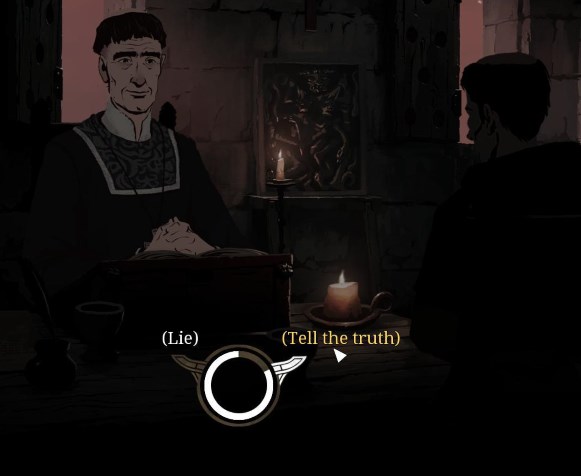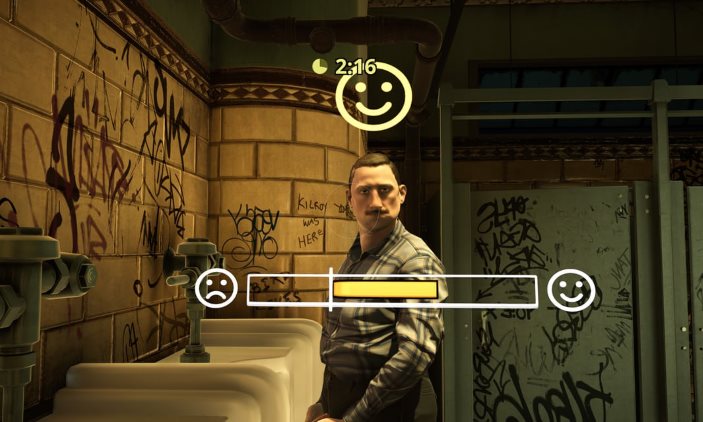Police lay witchcraft charges after Toronto man billed $101,000 for evil spirit removal
So, uh, why do we still have a law against witchcraft? Couldn’t you arrest Wiccans under this law? This appears to be one of those zombie laws that are probably going to be purged from the Criminal Code, along with laws against crime comics and duelling.
Though looking into it further, the law appears to be against fraudulently practicing witchcraft, so I guess if you can actually transform a prince into a frog you’re in the clear.
The relevant part of the Criminal Code is this:
Canada Criminal Code – Part IX Offenses Against Rights of Property (False Pretences)
Pretending to practise witchcraft:
365 Every one who fraudulently
a) pretends to exercise or to use any kind of witchcraft, sorcery, enchantment or conjuration,
b) undertakes, for a consideration, to tell fortunes, or
c) pretends from his skill in or knowledge of an occult or crafty science to discover where or in what manner anything that is supposed to have stolen or lost may be found
is guilty of an offence punishable on summary conviction.
A summary offence is apparently a minor crime so you’re not looking at a life sentence here. And if you’re wondering what a “crafty science” is as referred to in c), then according to this Washington Post article, it’s an archaic legal term for fortunetelling and spell-casting. The legal phrase itself dates back to the time of Henry VIII of England, where a specific law punishes
all . . . idle persons going about in any countries or abiding in any city borough or town, some of them using divers & subtle crafty & unlawful games & plays & some of them feigning themselves to have knowledge in physic, physiognomy, palmistry, or other crafty science whereby they bear the people in hand, that they can tell their destinies deceases & fortunes & such other like fantastical imaginations to the great deceit of the King’s Subjects . . .
However, it was used colloquially in The Canterbury Tales to refer to alchemy. Also, this isn’t just a Canada thing – the town of Joplin in Missouri has an ordinance stating that
Any person who shall advertise by display of a sign, circular or handbill, or in any newspaper, periodical, magazine or other publication, or by any other means, to tell fortunes or reveal the future, to find or restore lost or stolen property, to locate oil wells, gold or silver or other ore or metal or natural products, to restore lost love, friendship or affection, or to reunite or procure lovers, husbands, wives, lost relatives or friends, or to give advice in business affairs, or advice of any kind or nature to others for or without pay, by means of occult or psychic powers, faculties or forces, clairvoyance, psychology, psychometry, phrenology, spirits, mediumship, seership, prophecy, astrology, palmistry, necromancy or like crafty science, cards, talismans, charms, potions, magnetism or magnetized articles or substances, oriental mysteries, crystal gazing or magic of any kind or nature shall be deemed guilty of a misdemeanor.
Do you notice the part where being a therapist who helps patients with relationship troubles legally means you can be arrested for witchcraft in Missouri? I like that part. I gotta say, this is just such an interesting rabbit hole to fall into.




